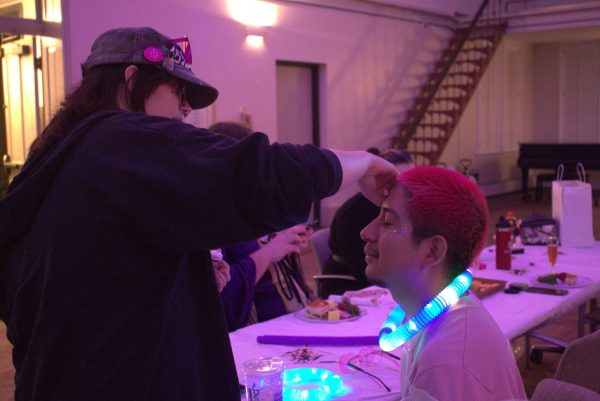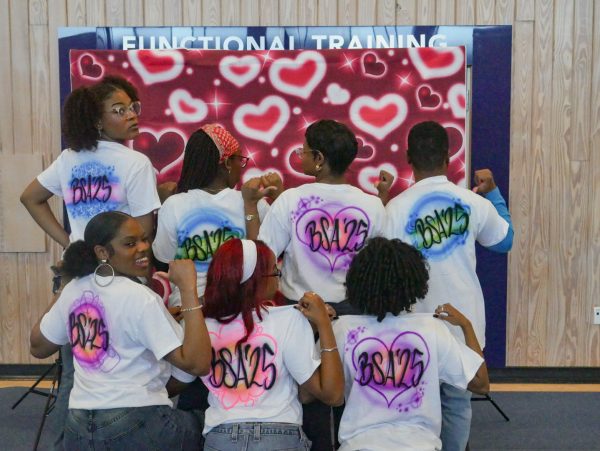Students celebrate culture and welcome the Jewish new year
Jewish students on campus celebrated two very important holidays last month, Rosh Hashanah and Yom Kippur. These holidays are two of the High Holy Days that are celebrated by the Jewish community.
Rosh Hashanah is a two-day celebration that occurs on the first day of Tishrei (the first month in the Jewish calendar). Rosh Hashanah is the Jewish New Year. The Jewish calendar is based on the lunar cycle and the specific dates change accordingly each year. This occasion occurred on Sept. 16.
Jackie Schicker, the president of Hillel Hilltoppers (a Jewish student group on campus), had much to say about this year’s Rosh Hashanah celebrations.
“At New Year’s, Jews atone and apologize for the past year face to face and symbolically. We practice a ritual called Tashlich that involves reciting a number of prayers of forgiveness, quiet reflection and then the throwing of bread crumbs in a flowing body of water to ‘cast off’ one’s sins and regrets,” Schicker said.
Schicker went on to explain how she celebrated Tashlich in the Austin community and what the ritual means to her.
“This year in Austin…I got to do the Tashlich service at Lady Bird Lake. It was more about nature, calling off school stress and truly celebrating the future,” Schicker said.
Tashlich is often performed on the afternoon of the first day of Rosh Hashanah.
Another tradition that occurs during Rosh Hashanah includes blowing the Shofar, which is traditionally a ram’s horn. The horn is blown for several lengths of time, each one representing a certain line from the Torah, the Jewish holy book.
Yom Kippur occurred on the evening of Sept. 25 and ended on the evening of Sept. 26. This holiday is the holiest day of the year to Jewish people. It also is known as the Day of Atonement. Yom Kippur occurs on the tenth day of the month Tishrei of the Jewish calendar.
Traditions include fasting and spending time in the synagogue praying. Yom Kippur completes the celebrations included in the High Holy Days. During this period, Jewish people seek ways to amend their behavior and receive forgiveness from wrongs committed against God or another person. By the end of Yom Kippur, ideally a Jewish person should have already atoned and received forgiveness.
Traditionally, Jewish people will take this day off of work or school to fully celebrate the day of rest. In many highly-populated Jewish areas, the High Holy Days may be days that schools observe like national holidays.
“It’s the simple rituals, like Tashlich, that have a different twist everywhere that often touch us (the Jewish people) most deeply,” Schicker said.






